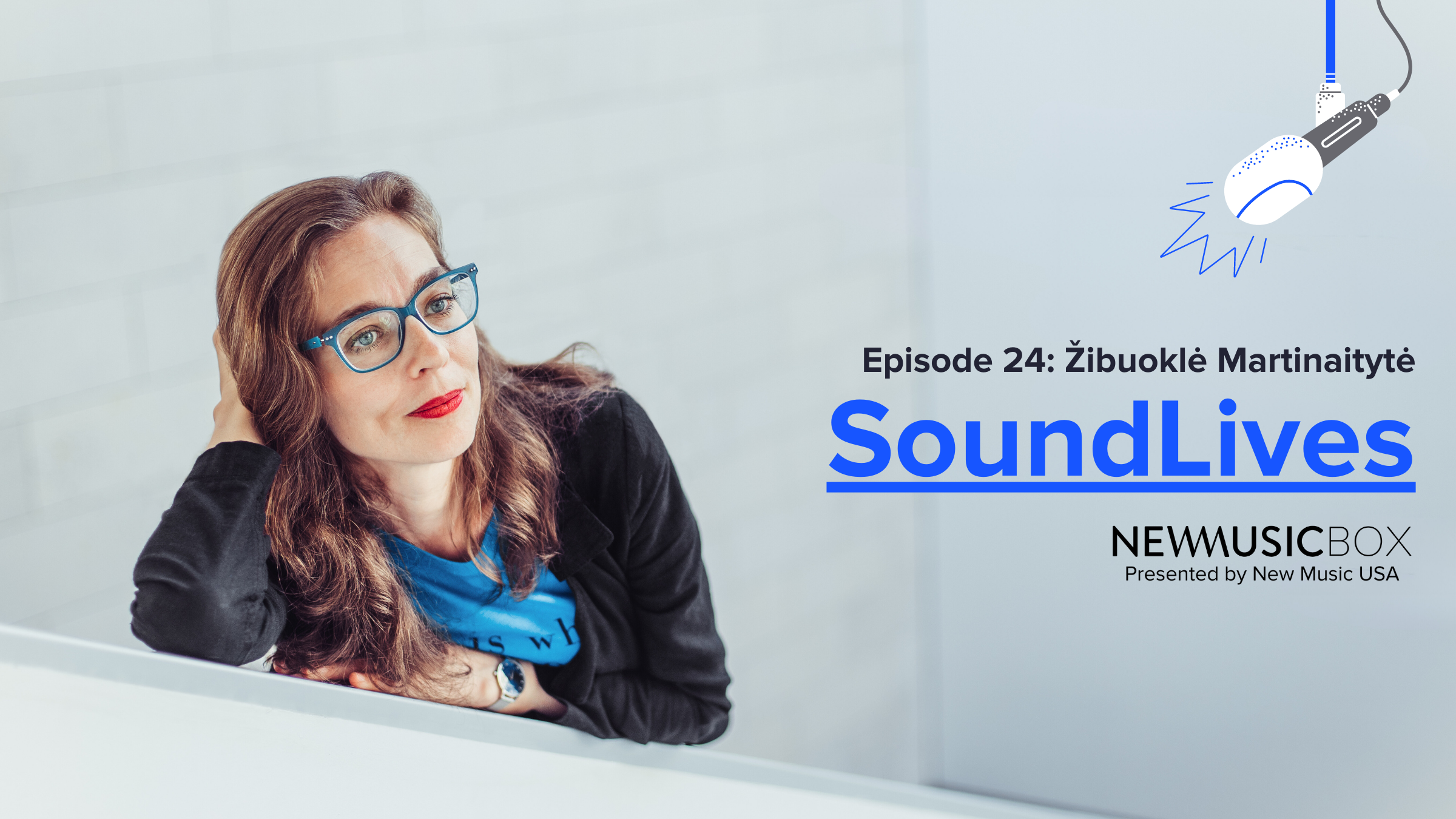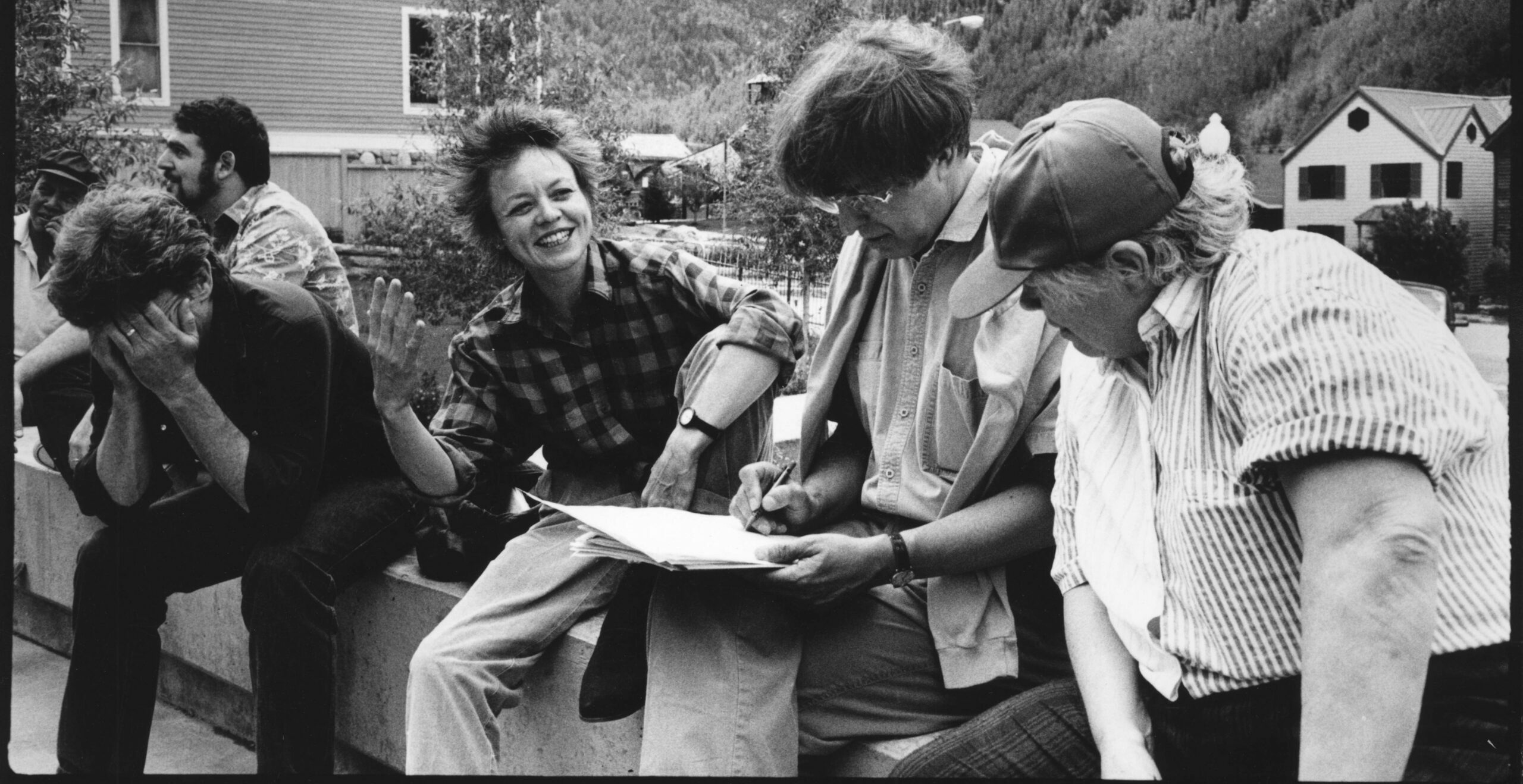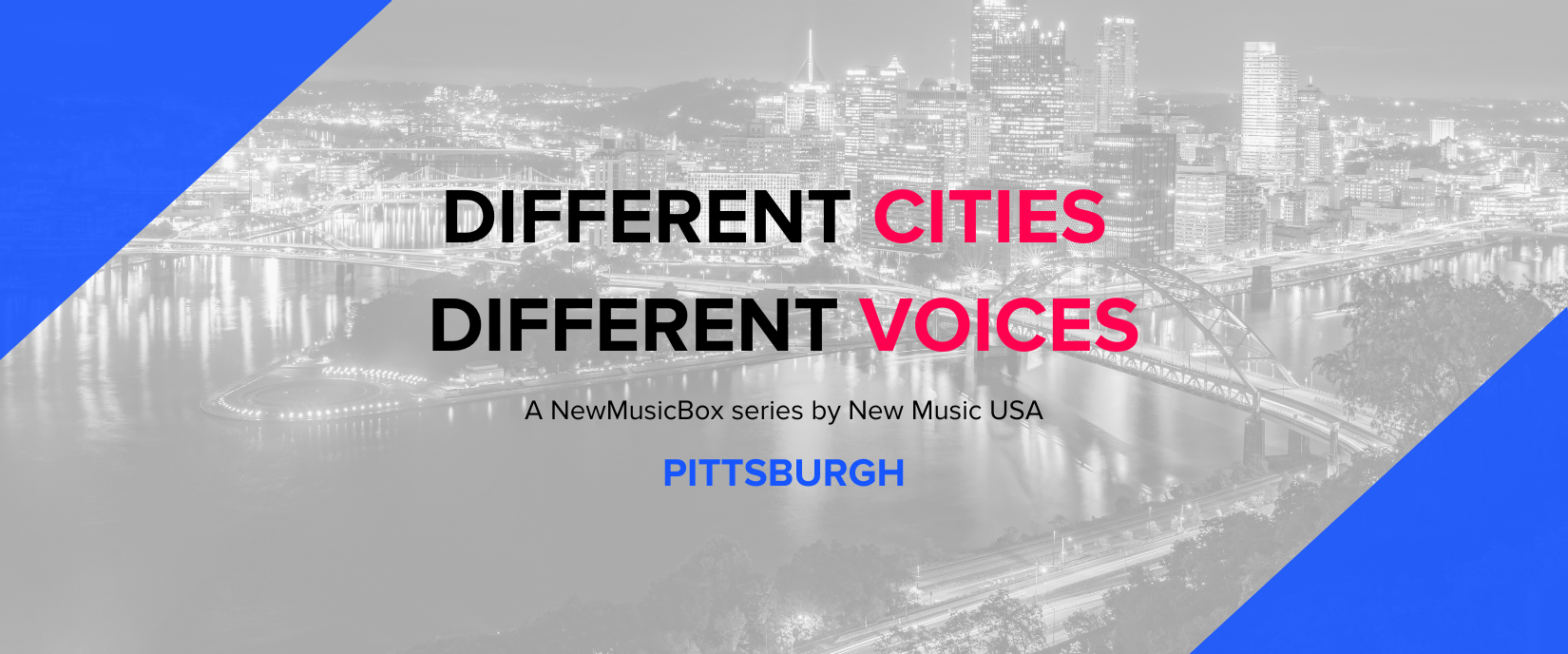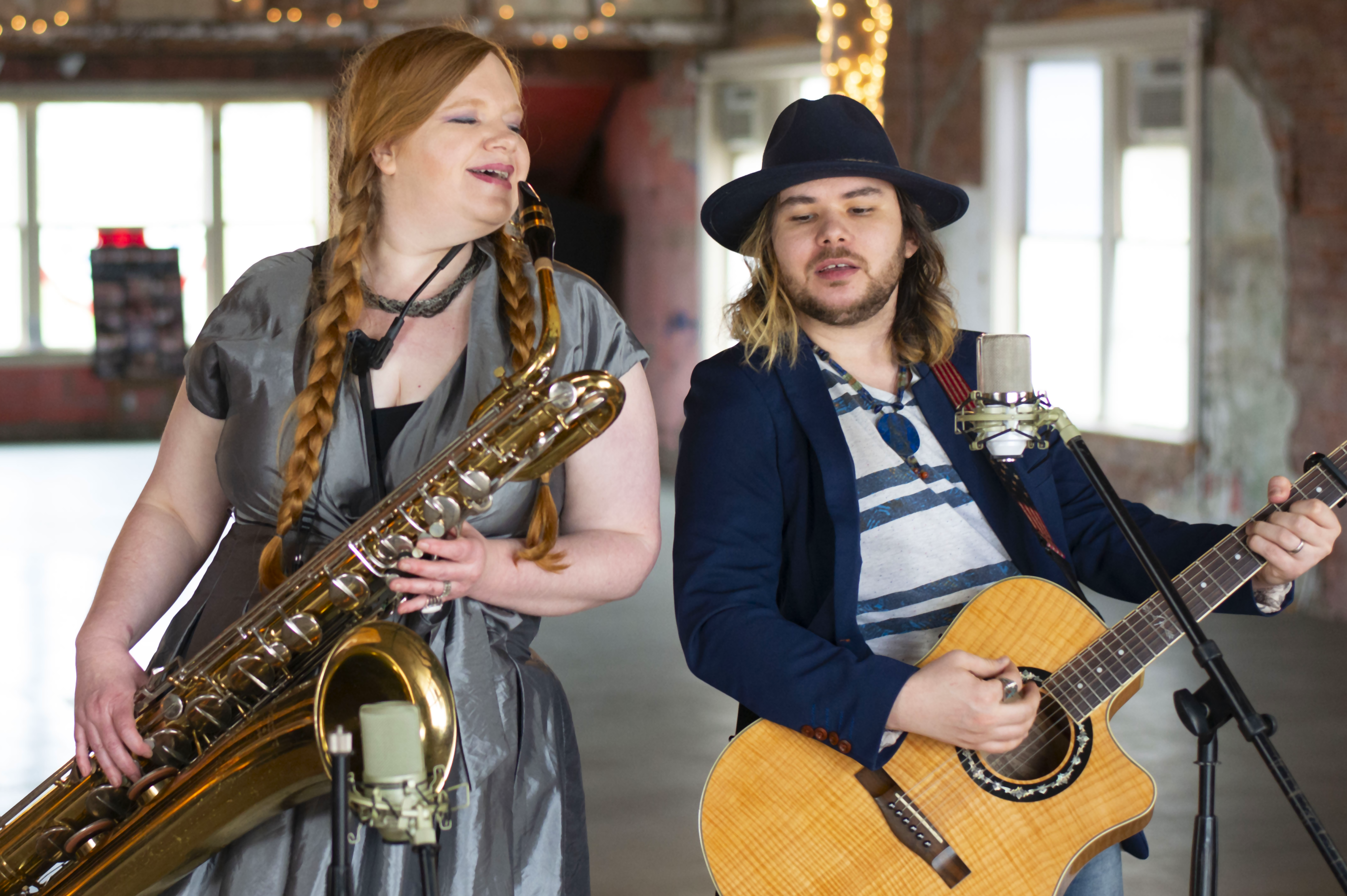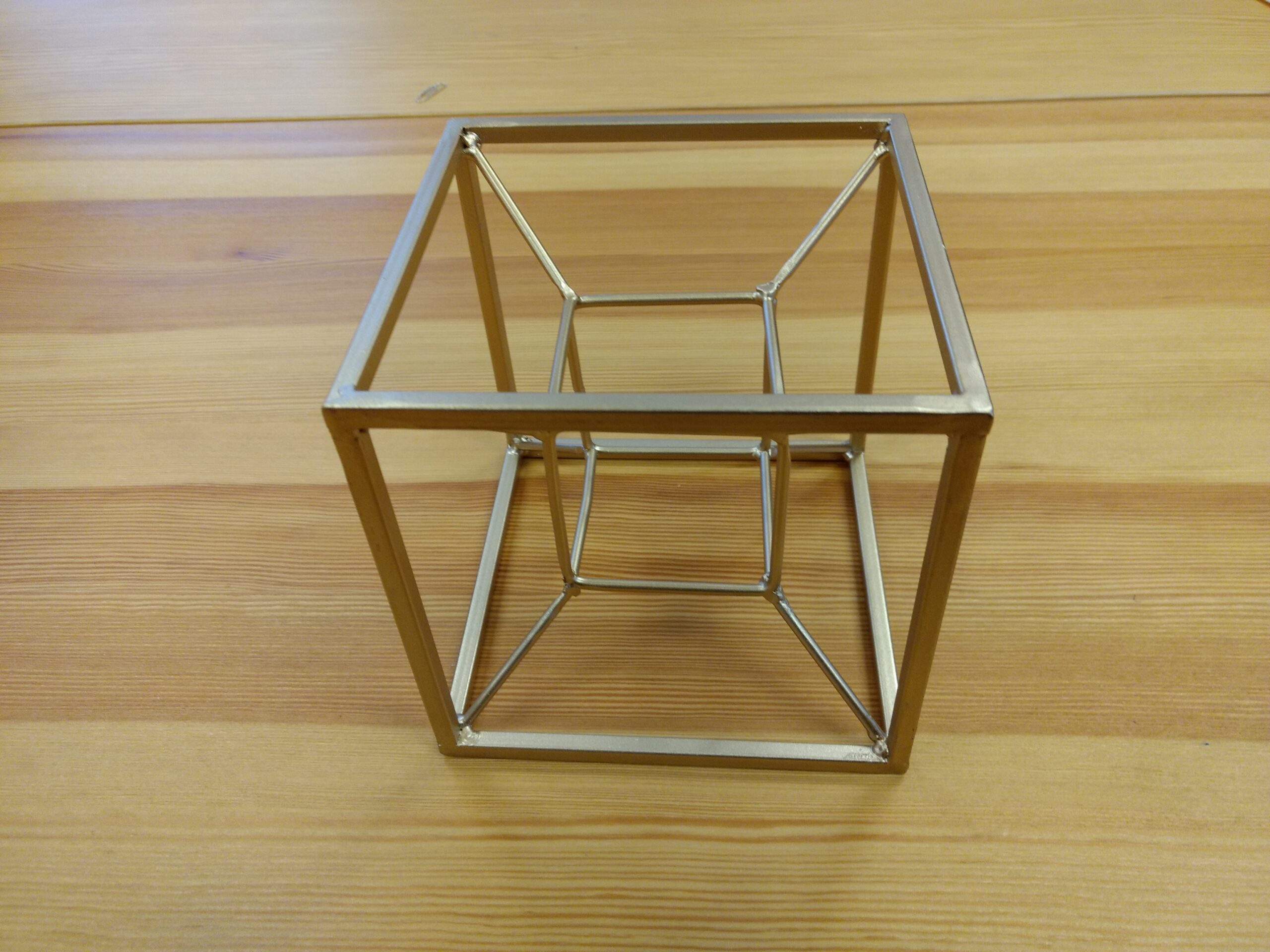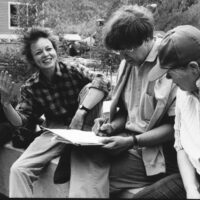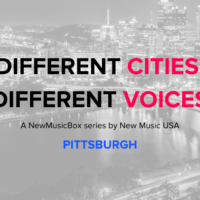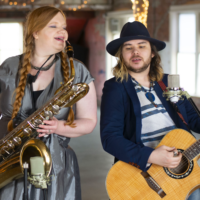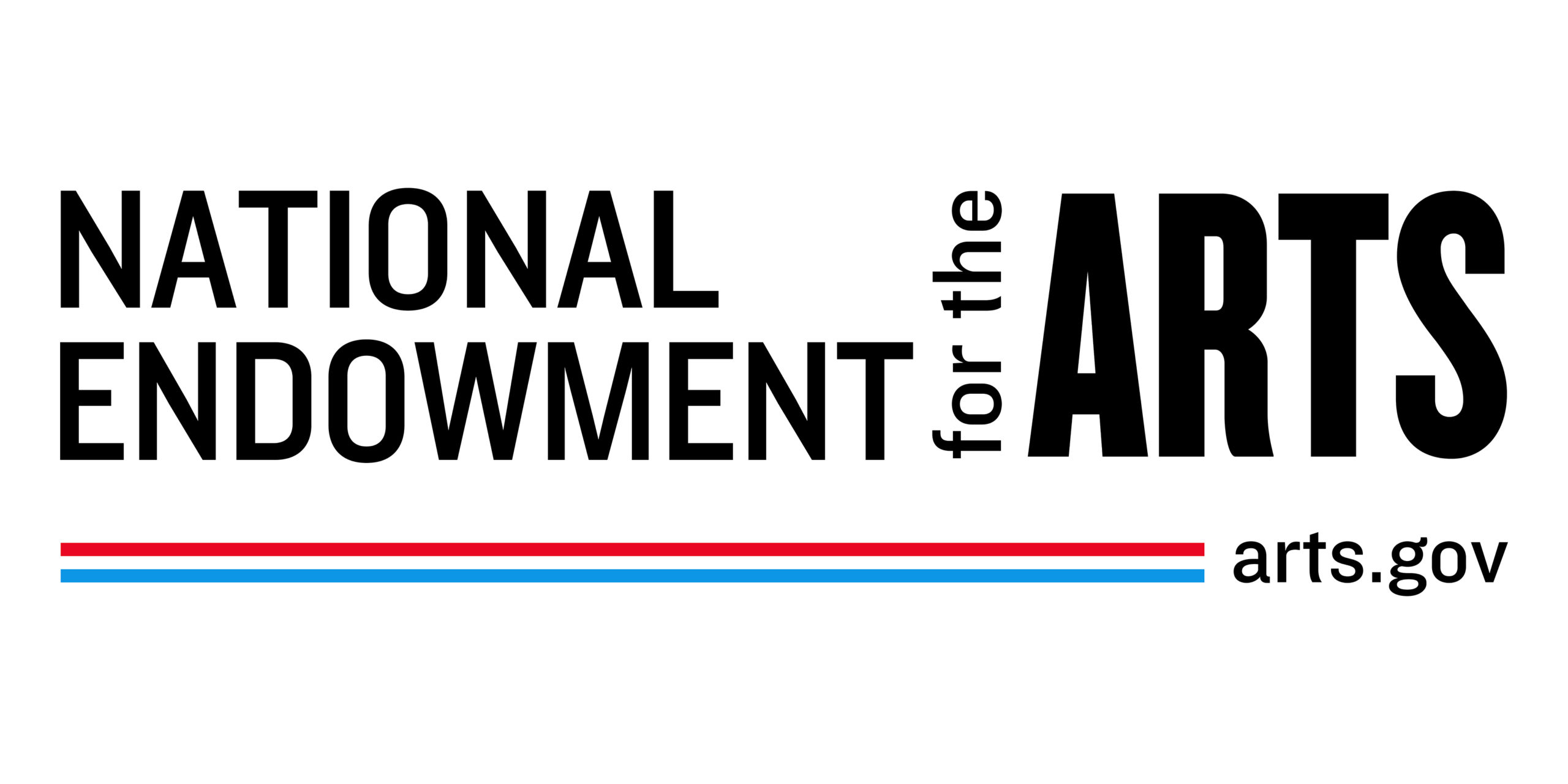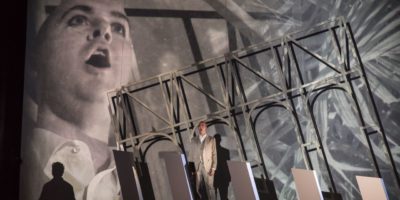
Since I started writing “classical” music, the main challenge has been getting the flood in my head down on the page in the orchestra’s language.
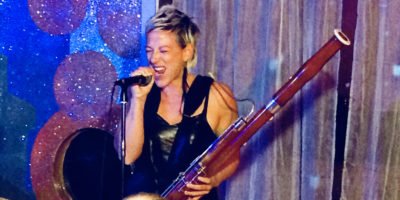
Instead of stomping my feet in frustration or shrugging my shoulders in weary acceptance that very few exciting solo bassoon pieces existed, I asked, “What can I do to change this?” Thus began a lifelong quest, in step (both artistically and practically) with my new position at ICE, to forge new relationships with composers in order to develop a new body of repertoire for the instrument, and in so doing, empower other musicians to do the same.
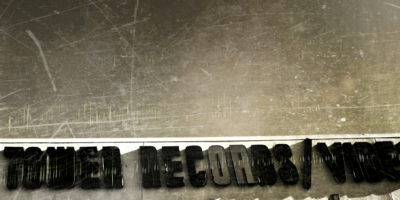
When brick-and-mortar record shops went the way of the analog dinosaur, some very important, humanistic interactions that advanced the music culture went with them: namely, the group experience of listening, evaluating, debating, and enjoying music face-to-face.
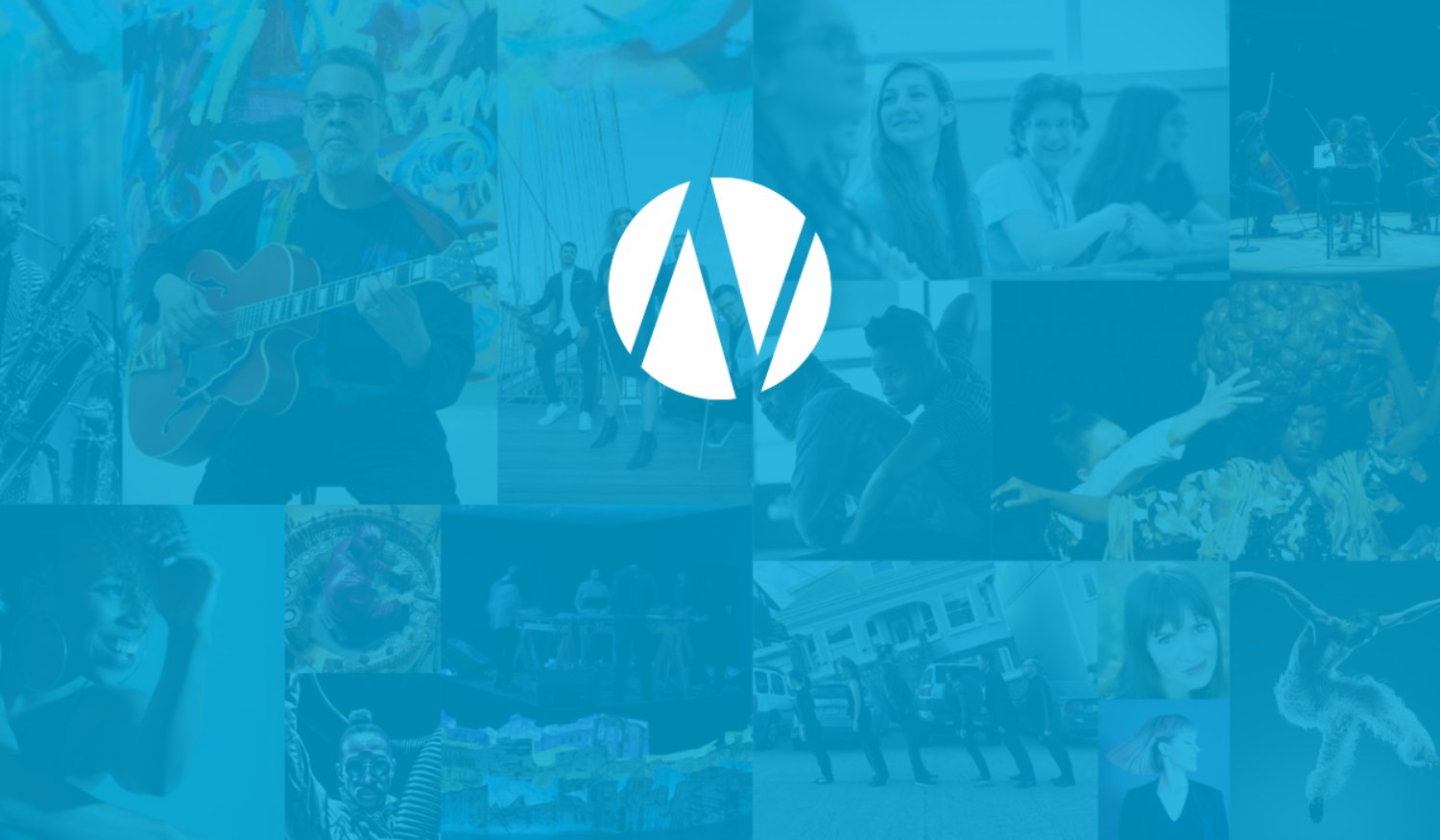
The future of choral music will embrace techniques that preserve the horizontal approach to writing, while maintaining accessibility and not falling into anachronistic musical styles.
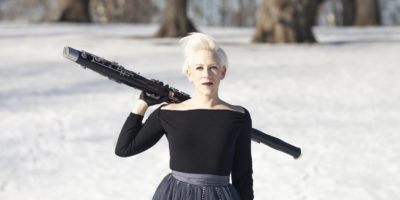
I gravitated towards the things no one else in my family wanted: I taught myself to LOVE black cherry ice cream, simply because it was the flavor everyone else abhorred. More ice cream for me! The bassoon became the black cherry of musical instruments; in my words, “something that nobody wanted to play.” But, at age nine, I decided I did.
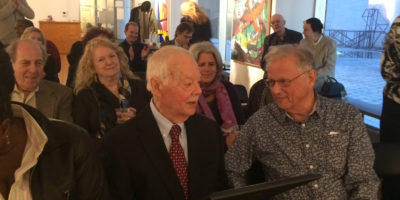
Richard Hundley’s songs were the first songs by a living American composer that I fell in love with and the love affair never ended.
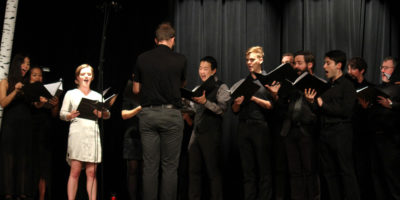
Highly chromatic or atonal music is rarely written for choirs, and the deep exploration of timbre found in instrumental pieces from later in the 20th century has mostly been ignored in favor of the pervasive choral sound inherited from the English cathedral tradition. But choral music in the 21st century is undergoing a cultural renaissance and performers are hungry for new types of exploration.
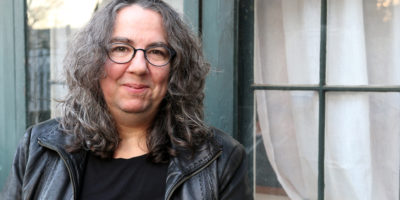
The deeply personal nature of so many of Barbara White’s compositions explains why she has predominantly written music for soloists or small ensembles. Even the largest-scale project she has ever created—an opera about an unjustly abused woman, which feels particularly relevant since the rise of the #MeToo movement—is extremely intimate.
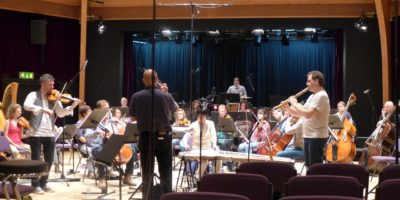
So you want to write music for the koto, the shakuhachi, or the shamisen? Well, you’re in luck. Up until fairly recently, you would have been hard-pressed to find a traditional musician who would be willing to oblige.

If we creators are present and attuned to what is happening, we as global citizens will speak up via our music for what is right and just. If you are waiting for the right moment, the right moment is now.
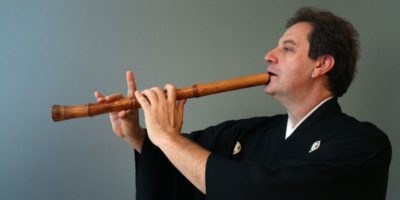
The most ubiquitous and well-known concept in Japanese aesthetics is “Ma” which has been translated as “nothingness” or “emptiness”. But much more than the absence of something, it is a palpable entity. The Japanese also embrace the difference of timbres between the pitches on their musical instruments, and their music developed to accommodate that.
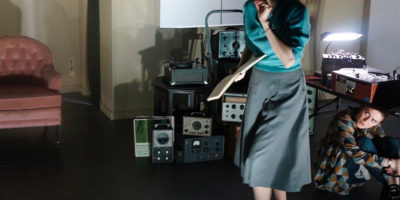
Daphne Oram has clearly become a beacon for contemporary composers from Missy Mazzoli to Rene Orth to Anne LeBaron. Yet the question, voiced by many a respected music colleague, keeps resounding: “Who?” Daphne’s invisibility is at the center of my new play Sound House, which runs from February 20 to March 4 at the Flea Theater in New York City.

Are all of our artistic offerings political in nature? When a composer writes a piece that is of its time and moment, is it a commentary on the current state of affairs? Do we want our audience to feel what we’re feeling, or to help them see how we’re seeing things?
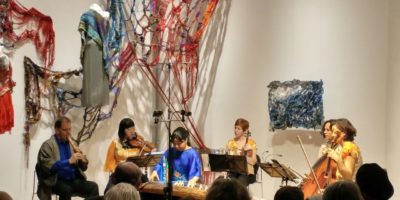
I had become professionally proficient in two very different, highly structured classical traditions. I was acutely aware of their musical parallels and seemingly irreconcilable differences, and as a teacher, performer, and erstwhile musicologist, pretty well steeped in their history.
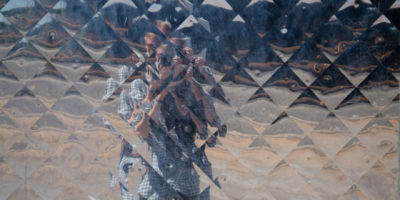
In English, invariably, we listen “to” a piece of music. Never “with” a piece of music. That little rut of syntax conceals a speed bump on what seemingly should be a musical express lane: the generation of empathy.
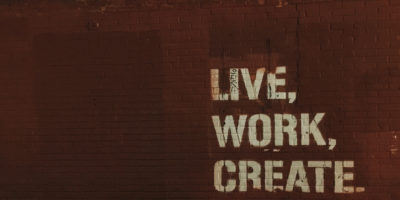
When things get rough, depressing, or downright heartbreaking, we’re still supposed to make music, right? Jennifer Jolley continues her exploration of where and how music and politics best intersect and what a person (especially an artist person) can do in this time to fulfill the needs of other people.

The first time I tried playing a shakuhachi, it was an epic fail. “As a classically trained flutist, surely it should not be so difficult to make a sound on an open tube of bamboo,” hrrumphed the arrogant 22-year-old that I was. I tried again and again, but could not make a sound. Later on I found a shakuhachi teacher and began what was to become a lifetime obsession with learning, teaching, performing, and composing music for the Japanese bamboo flute.
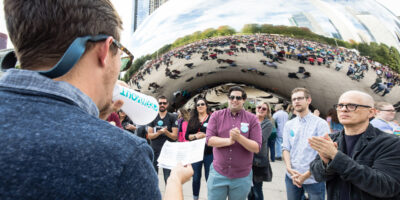
What is the power of a crowd? In October 2017, people from all across Chicago gathered together in Millennium Park to perform David Lang’s crowd out, a 40-minute piece scored for “1000 people yelling.” The project was at turns incredibly difficult and extremely rewarding, and co-conductor Tim Munro reflects on the performance’s impact with this oral history.
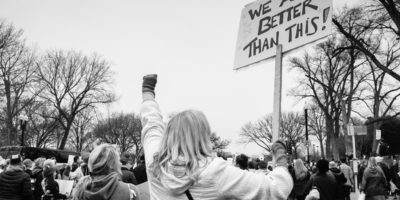
The social and political turmoil that accompanied the beginning of the 21st century led Jennifer Jolley to repeatedly question her career choices. But she came to understand where her music and her activism intersect.
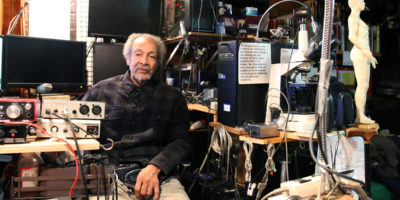
It is difficult to place Milford Graves into a category. He is lauded as a master drummer of the 1960s avant-garde jazz scene, credited with inventing the martial arts form yara, and is established as both an herbalist and acupuncturist in New York City. Additionally, Graves is a passionate researcher of human biology and brings that knowledge to all of his work.

It was not really that much of a leap for me, soon after completing my DMA at Columbia, to move into film composition. When I returned to concert music after years of just working in film, that was not too much of a leap either.
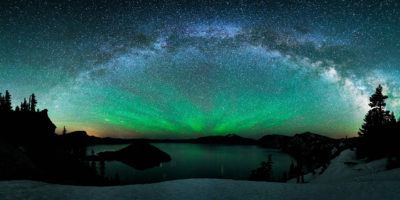
The experience and practice of polychromatic music brings to auditory awareness new harmonic interactions and multidimensional spatial effects. Additionally, the increasing auditory perceptual discrimination developed in the practice may lead to innovations in ‘hearing’ research models and methodologies within science.

Over the years, there have been a great many calls for diversification within the concert music community, and one of the most prevalent responses from decision-makers is that they don’t know where to find under-represented composers. Rob Deemer has led the development of a database to help, and now he needs your input too.
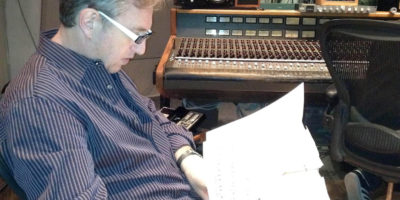
Through trial and error—and a lot more error—I’ve found a few rules that have helped me carry on in the music business. I try to limit my activity to three things: concert composing, film composing, and teaching. (That’s already a lot.) When I stop worrying about money is when I make it.
